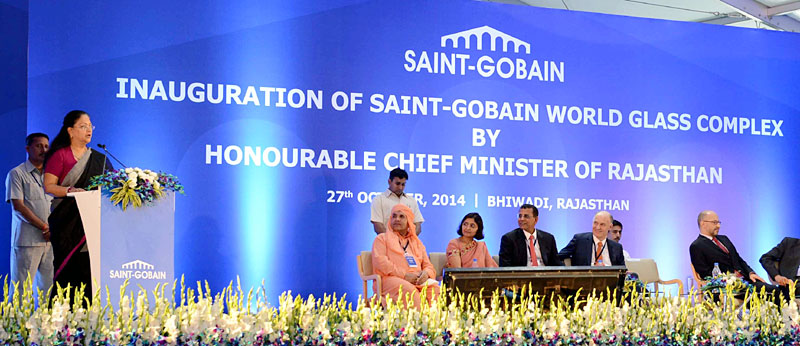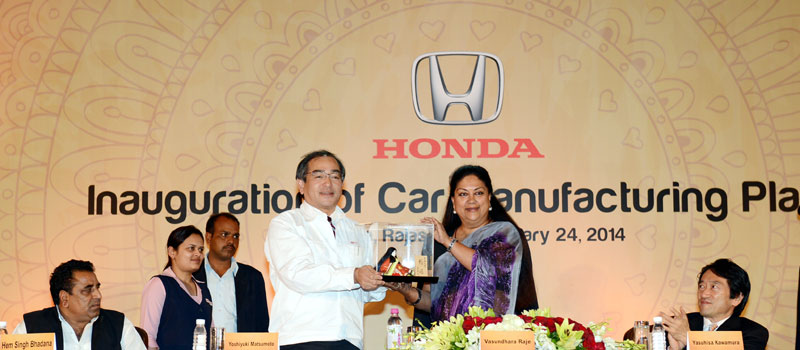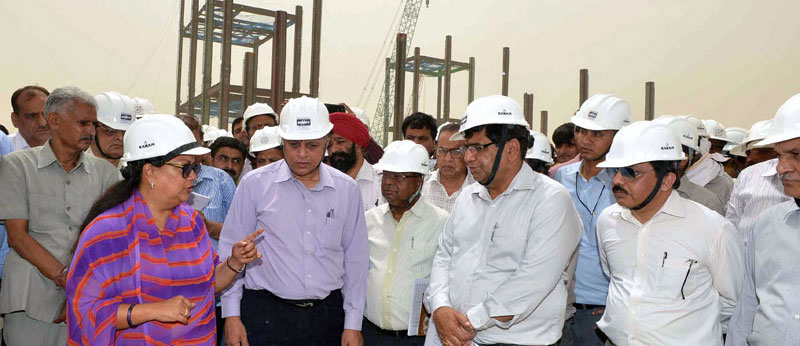Reforms in Industrial Sector
The Vasundhara Raje government subscribes to the ‘maximum governance’ dictum. It is clear to the state that if jobs in numbers as being desired are to be provided, a lion’s share of the same has to come from private enterprises since governments shall be shrinking over time. In order to put in place a ecosystem for job creation, the government went ahead to propose amendments in – The Industrial Disputes Act, 1947, where a number of workmen who can be laid off, retrenched or subjected to closure without referring the matter to the state government has been increased from 100 to 300. At the same time, sufficient safeguards have been put in place to ensure that workmen are not victimized and are always compensated properly. This step is likely to lead to creation of more jobs through higher levels of investments across sectors. Similarly, the Act has been further amended to increase the threshold limit for applying for registration as ‘representative union’ from 15% to 30%. This will be helpful in creating a better ambiance for industrial relations. The time limit prescribed to raise industrial disputes is now been fixed at 3 months, which will lead to a reduction in undeserving cases and litigations.
Factories Act, 1948, has also been amended and threshold limit of 10 and 20 workers for units on which this act is applicable has been increased to 20 and 40 workers, thereby providing a major relief and improving the ease of business for small scale industries. In order to ensure objectivity, Section 105(1) has been amended and now a court can take cognizance on the complaint made by an inspector only after prior approval of the state government.
The Contract Labour (R&A) Act, 1970, was applicable to contractors or anyone who hires 20 workers because of this low threshold limits, employers and contractors faced difficulties in contract execution. In order to nurture the culture of outsourcing to smaller manufacturers and suppliers and thereby promoting competition, the threshold limit of workers under this Act has been increased to 50. This should lead to business expansion and higher degree of hiring of personnel.
Boilers Act, 1923, encouraged inspector raj and now has been modified to allow exemptions under various sections. Units can register the boiler(s) once and then opt for third party certification. Moreover, no prior permission is required for addition, alteration and repair of boilers and associated equipment. Through this amendment, it is expected that business environment in the state, especially in the manufacturing sector will receive a major boost.
These amendments have been appreciated far and wide and the Prime Minister’s office has advised all states to carry out similar labour sector reforms as done in Rajasthan.
« Back to main article








